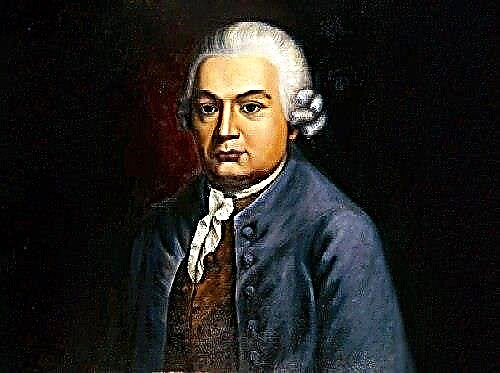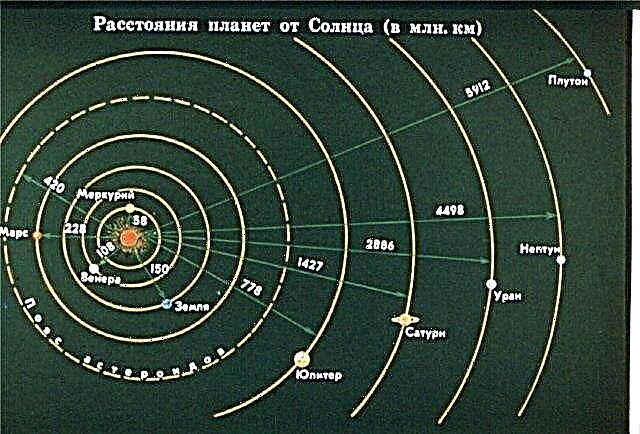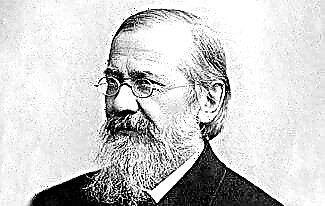Kant's problem about watches - This is a great opportunity to wiggle your gyrus and activate your gray cells, which is very useful.
As you know, our brain does not like to strain. In any life difficulties, he looks for the easiest way to solve the problem in order to avoid overstrain. And that's not bad at all.
Indeed, according to research by scientists, our brain, making up only 2% of body weight, consumes up to 20% of all energy.
However, in order to develop logical thinking (see Fundamentals of Logic) and, in general, to stimulate intellectual abilities, the brain must be forcibly trained. Literally, like athletes do in the gym.

As a great gymnastics for the mind, it is recommended to use puzzles and logic problems that do not require special mathematical or any other knowledge. Some of them are listed below:
- Leo Tolstoy's problem about a hat;
- Counterfeit coin puzzle;
- Einstein's problem.
Kant's problem about watches
In this post we will tell one interesting story from the life of the great German philosopher Immanuel Kant (1724-1804).
As you know, Kant was a bachelor and had such ingrained habits that the inhabitants of Königsberg (present-day Kaliningrad), seeing him pass by this or that house, could check their watches against it.
One evening, Kant was horrified to discover that the wall clock in his office had fallen behind. Obviously, the servant, who had already finished work that day, forgot to start them.
The great philosopher could not find out what time it was, because his wristwatch was being repaired. Therefore, he did not move the arrows, but went to visit his friend Schmidt, a merchant who lived about a mile from Kant.
Entering the house, Kant glanced at the clock in the hallway and, having been visiting for several hours, went home. He returned along the same road as always, with a slow, sedate gait, which had not changed for him for twenty years.
Kant had no idea how long he walked home. (Schmidt had recently moved and Kant had not yet had time to determine how long it would take him to get to his friend's house).
However, upon entering the house, he immediately set the clock correctly.
Question
Now that you know all the circumstances of the case, answer the question: how did Kant know the correct time?

I highly recommend trying to solve this problem on your own, as it is not so difficult. I emphasize that you do not need any special knowledge, only logic and perseverance.
Answer to Kant's problem
If you nevertheless decided to give up and find out the correct answer to Kant's problem, then click Show Answer.
Show answer
Leaving home, Kant started the wall clock, therefore, returning and glancing at the dial, he immediately realized how long he was away. Kant knew exactly how many hours he spent with Schmidt, because immediately after coming to visit and before leaving home, he looked at the clock in the hallway.
Kant subtracted this time from his time during which he was not at home, and determined how long the walk there and back took.
Since both times he walked the same path at the same speed, the one way trip took him exactly half of the calculated time, which allowed Kant to get the exact time to return home.









